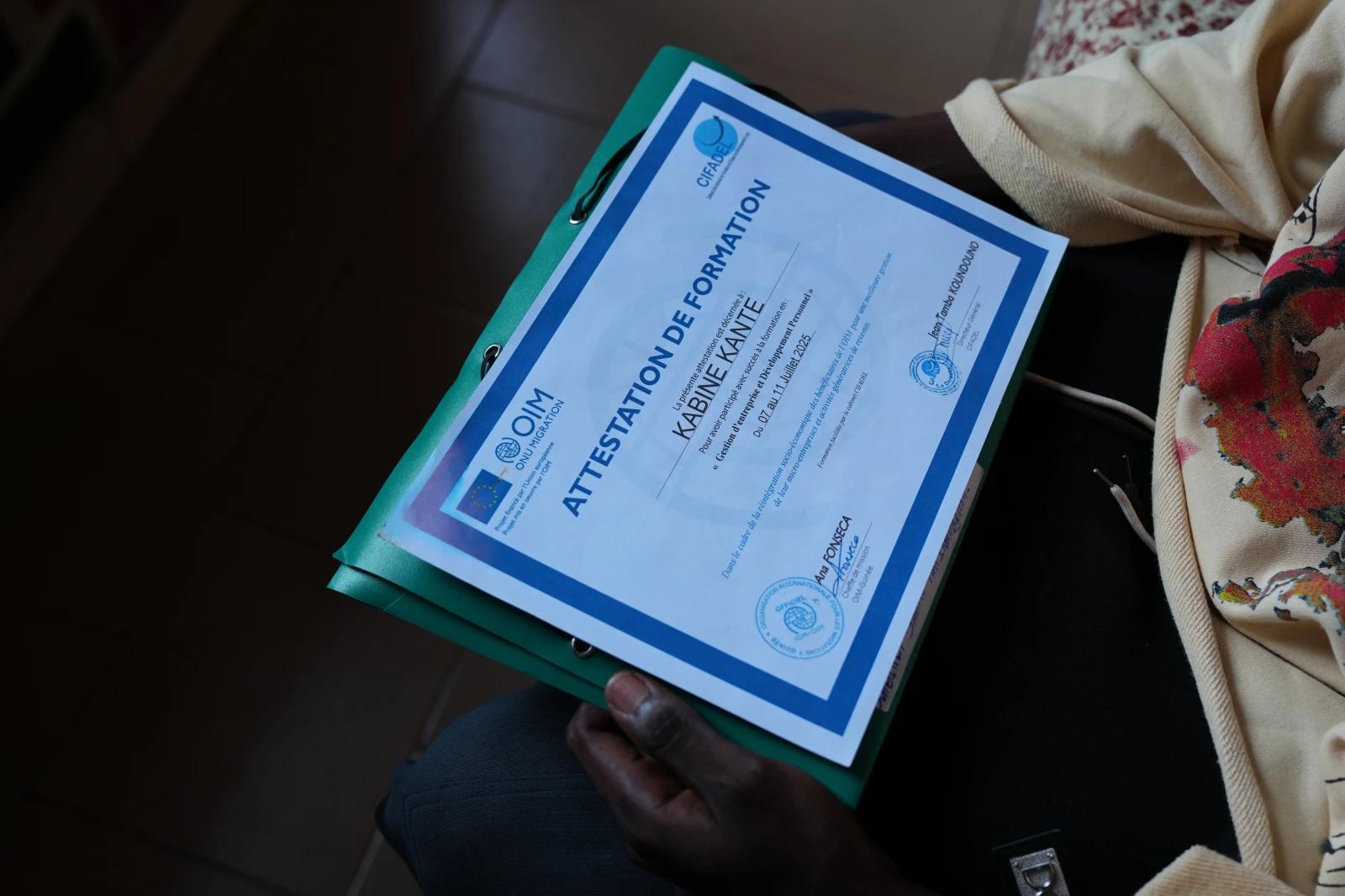YAOUNDÉ, Cameroon – As European and African leaders prepare to meet in Luanda, Angola, for the 7th EU-African Union summit, major Catholic and development groups are calling for a major shift in relations between the two continents – one that departs from the extraction and exploitation of African resources to one that fosters equity and the dignity of African people.
In a joint statement issued November 10, they complained that for far too long, Africa had been ripped off of the resources that could have improved life for millions of its people.
The groups included the Commission of the Bishops’ Conferences of the European Union (COMECE), the Symposium of Episcopal Conferences of Africa and Madagascar (SECAM), Caritas Africa, Caritas Middle East and North Africa, Caritas Europa, and CIDSE (Coopération international pour le développement et la solidarité).
They expressed worries that the race for critical raw minerals (CRM) that is devastating territories and sacrificing communities’ risks reinforcing historical patterns of extractivism.
“It is taking place within systems that put profit above people and that treat land, water, and minerals – the foundations of life on Earth – as commodities for foreign profit rather than as common goods to be stewarded with care and for the benefit of all,” they wrote.
They underlined the fact that African countries are seeking to break with historic patterns of extraction and commodity dependence, to keep more of the processing of their own resources on their soil and to unlock more domestic value addition.
“This requires a different industrial partnership between European and African countries, in which Europe does not turn to an overly protectionist “Europe first” approach,” the statement reads.
Such an approach, it explains, would undermine the potential of strengthening ties between both regions, weaken the EU’s trade relations at a critical juncture, go against Africa’s local beneficiation objectives and the realization of her true potential, and erode global climate and environmental goals.
The groups said European policymakers must recognize that the EU’s own supply chain security agenda cannot be achieved through domestic processing alone, and that true partnership with African countries can only be built if it is aligned with Africa’s value addition ambitions.
They noted a critical paradox in the way ties between the two continents have been arranged. While the European Union’s cooperation with African countries on critical raw materials is largely based on non-binding agreements such as the Global Gateway investment plan, this is contrasted by the EU’s legally binding trade deals, which often limit the ability of African nations to control their own mineral resources.
“To be better partners, the EU and European governments must translate the EU’s declared support for local value addition in African countries into tangible action. This includes agreeing on a clear common definition of “value addition”, establishing specific and binding technical and financial assistance commitments on the sharing of knowledge, technology and skills, and using robust monitoring and enforcement mechanisms,” the statement reads.
From debt trap to debt justice
The Catholic entities and development groups also addressed the issue of Africa’s debt crisis, describing it as “the worst in history” that affects over 40 African countries, with many of them spending “more than 20 percent or even 30 percent of government income on foreign debt service,” at the expense of development priorities.
In comments to Crux, Father Stan Muyebe, Director of the Justice and Peace Commission for Catholic Bishops in Southern Africa, described the situation as “a moral failure.”
“When African nations collectively hold more than $1.1 trillion in external debt, and are effectively held in conditions of perpetual debt bondage – that is a moral failure,” he said.
“When twenty-three African countries are spending more on debt servicing obligations than on public healthcare, and education combined – that is a moral failure,” Muyebe continued.
“When the so-called ‘African Premium’ forces African countries to pay an estimated $74.5 billion every year in excess interest, solely because they are African – that is a moral failure,” the priest told Crux.
The mountain of debt, according to the Church entities, have pushed export-oriented African countries to intensify extraction and the export of natural resources to fulfill debt repayment obligations, instead of organizing their economy based on domestic consumption needs, democratic decision-making, self-determination and care for the environment.
And yet this growing debt isn’t the fault of many African countries. They inherited debt accumulated by their colonial masters, and “many former colonies were forced to pay compensation to former European rulers for the loss of income resulting from the liberation of enslaved people.”
They complained that the process of taking on new loans has been done on terms largely unfavorable to African countries, because creditors with the enormous power they hold tend to dictate the terms of the loans.
The Church entities urged African leaders to no longer accept debts that increase poverty, and urged European governments to recognize that “much of the debt that has been accumulated is illegitimate, unjust and unsustainable.”
They called on European leaders to grant debt relief, including cancellation, without imposing policy conditions on indebted nations. Backed by recent reports from the African Union and others, the demand also includes creating an African Credit Rating Agency and a UN debt resolution mechanism to reform the international financial system.
“Ending the debt trap is not about generosity, it is about justice and true partnership, and about making a strategic choice to invest in global stability,” they said.













